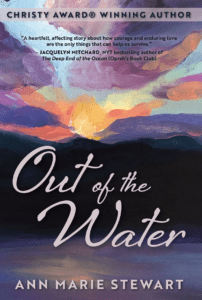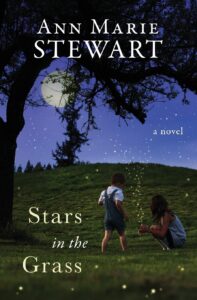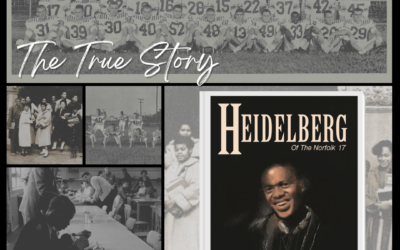
Ann Marie Stewart
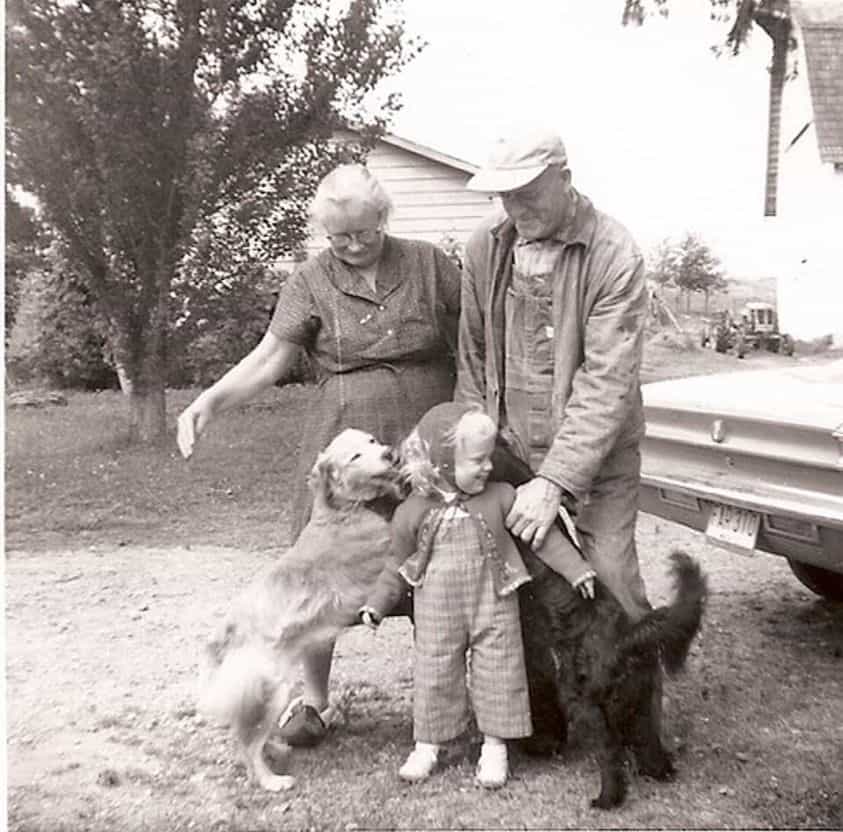
Writing Wrongs
How my family’s history influenced my novels
Written by award-winning author Ann Marie Stewart
A Different Kind of Bedtime Story
When I was in third grade, my grandpa told me an account quite unlike his usual bedtime stories and parables. Though it could have begun once upon a time in a faraway land, this narrative was far from any fairy tale.
Sitting beside my bed, speaking in his thick German-Russian accent, Grandpa told me about Moscow in 1929. And most surprisingly? His arrest, a terrible black bird, and being thrown into a dangerous prison. “Lubjanka.” He whispered as if I could understand the secret. I was both horrified and ashamed that my grandfather was a criminal, thinking he must have done something terrible to deserve such punishment. And what about Grandma? At the time, she was almost nine months pregnant and hurried off to a mother/baby home for safety.
It was not the grandpa and grandma that I knew–the grandparents who welcomed friends and family with borscht and brown bread for weekends at their farm near the Washington/Canadian border. My grandparents picnicked with us at Birch Bay, roasting hot dogs on the beach, drinking juice pressed from the raspberries encircling my grandmother’s large vegetable garden. I assumed the most daring thing my grandma had ever done was ride the Ferris wheel with us at the Birch Bay amusement park. A quiet, soft-spoken, and generous woman who, each time we left, handed us carefully packaged bags of nuts and candies for our two-hour drive home. I couldn’t comprehend then the significance my grandmother felt about goodbyes.
If Grandpa was a Russian, that was bad. It was 1969 and the Cold War. We were the “good guys” and Communist Russia the “bad guys”. We couldn’t be Russian. I would explain to my friends that my grandparents were Germans who lived in Russia and really, they were Americans. After all, wasn’t my grandpa so proud to become a citizen of this country that he was naturalized the very day he was eligible?
No matter how much I loved him, only criminals went to prison. I didn’t want it to be true, and I didn’t want it to be my story. Part of my family. Wasn’t I a Siemens, too? It was his name—Nicolai Klaasovitsch Siemens—which had almost cost him his life and ultimately spelled his release. But the worst was yet to come. That escape meant one terrible, unconscionable choice.
You see, Nicolai Klaasovitsch Siemens had two sons. His firstborn—his namesake— was Nicolai Siemens or “Kolya.” And in order to escape, he left that three-year-old boy in the Crimea.
Writing it all Down
My dad wanted the story told and years later, while working summers in college, my Dad encouraged, and even compensated me to write his in-laws’ story. I studied photographs, recorded interviews, took notes, wrote drafts, and then typed my thoughts onto the page with a typewriter. Finally, I read each chapter to my eager listeners. “Ya, dahts just vaht happent,” they would say, accepting my version as a record of their memory, or editing corrections, and giving their approval.
I had a first draft with a beginning and an end, but I was young, nineteen years old, and there was something missing. Over the years, I continued to revise and edit. In my first teaching job, I read it to my seventh-grade students, their eyes wide open to terror and mystery they’d never experienced. I brought Grandpa and Grandma in for “show and tell” and let Grandpa speak for himself, the words from my book coming to life.
I sent it to publishers and editors who wrote, “I would encourage you to take time, possibly several years to write this biography. The world is full of ‘lightweight’ biographies explaining lives that are famous, or that have some adversity, or whatever—and they are nothing more than that. I am not asking for some book that will be immortal but passionate, exciting, something that stirs my blood, something with a world view, something like Tolstoy who understood that personal fates were tied up with historical moments.”
Publishing My Writing
My writing matured with time. I took time to marry, to have two children, and to try to grasp what it would mean to leave one behind. I took time to write two novels both, ironically, involving three-year-old boys. The Christy Award winning novel Stars in the Grass, centers around a family and the loss of their three-year-old son. In my recent novel Out of the Water, a three-year-old boy is muted after witnessing a horrific event. The ripple effect from his silence affects generations to come, begging the question, “is it always better to know the truth?” Readers will have to discern that for themselves.
Readers can also anticipate the long-awaited memoir to discover what happens to a certain three-year-old, Kolya. It’s through that research that I learned that my fate is indeed tied up with historical moments but that writing helps me understand it and right the wrongs of the past.
-Ann Marie Stewart is the author of award-winning novel, Stars in the Grass, and newly released novel, Out of the Water.
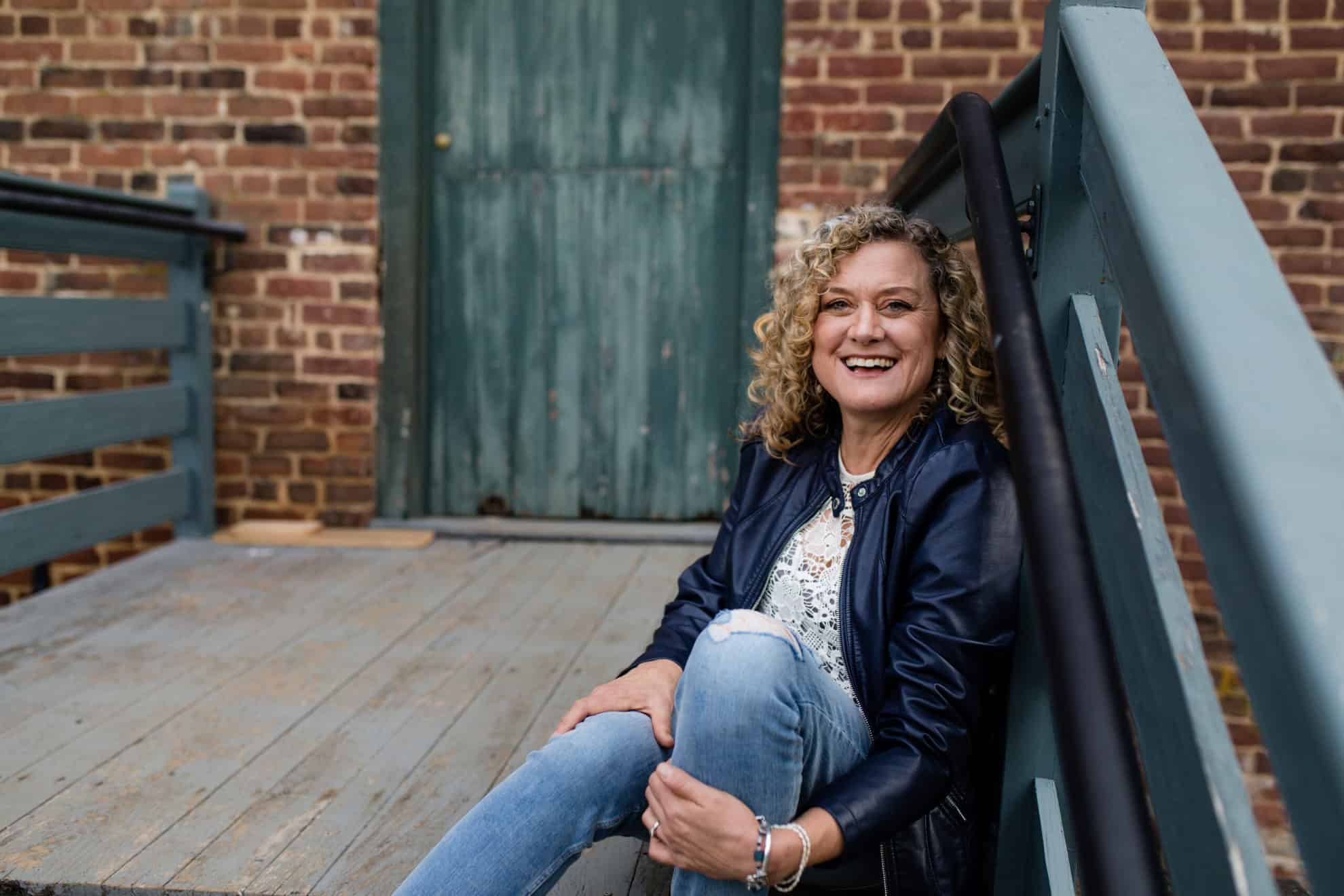
Written by Ann Marie Stewart
Award winning author Ann Marie Stewart’s first novel Stars in the Grass won the Christy Award for best debut novel. After that debut, Ann is challenged and inspired for even greater storytelling. She originated Preparing My Heart series and her column “Ann’s Lovin’ Ewe” is nationwide in The Country Register. When she’s not writing a story, she may be acting it out or telling it through song, as she coaches musical theatre or shepherding a whole flock of fuzzy sheep on Skye Moor Farm, in Virginia–where unscripted drama provides plenty of entertaining material for her next story. Her new novel, Out of the Water was just released in October. www.annmariestewart.com
Recent Posts
Summer Reading List 2024
Summer Reading List–
12 books that I am adding to my TBR list this summer and 12 Hidden Shelf titles that you should add to yours!
Black History– On This Day in 1959
Black History – On This Day in 1959
The Norfolk 17–February 2, 1959
Sixty-five years ago today, seventeen cautiously brave Black teenagers rocked the foundation of the racist South, accomplishing what many at the time had thought impossible … ending segregation at six public schools in Norfolk, Virginia. If getting there had been a war, being there was horrendous.
2023 Holiday Gift Guide
Unique and creative gifts ideas for the 2023 holiday season!

